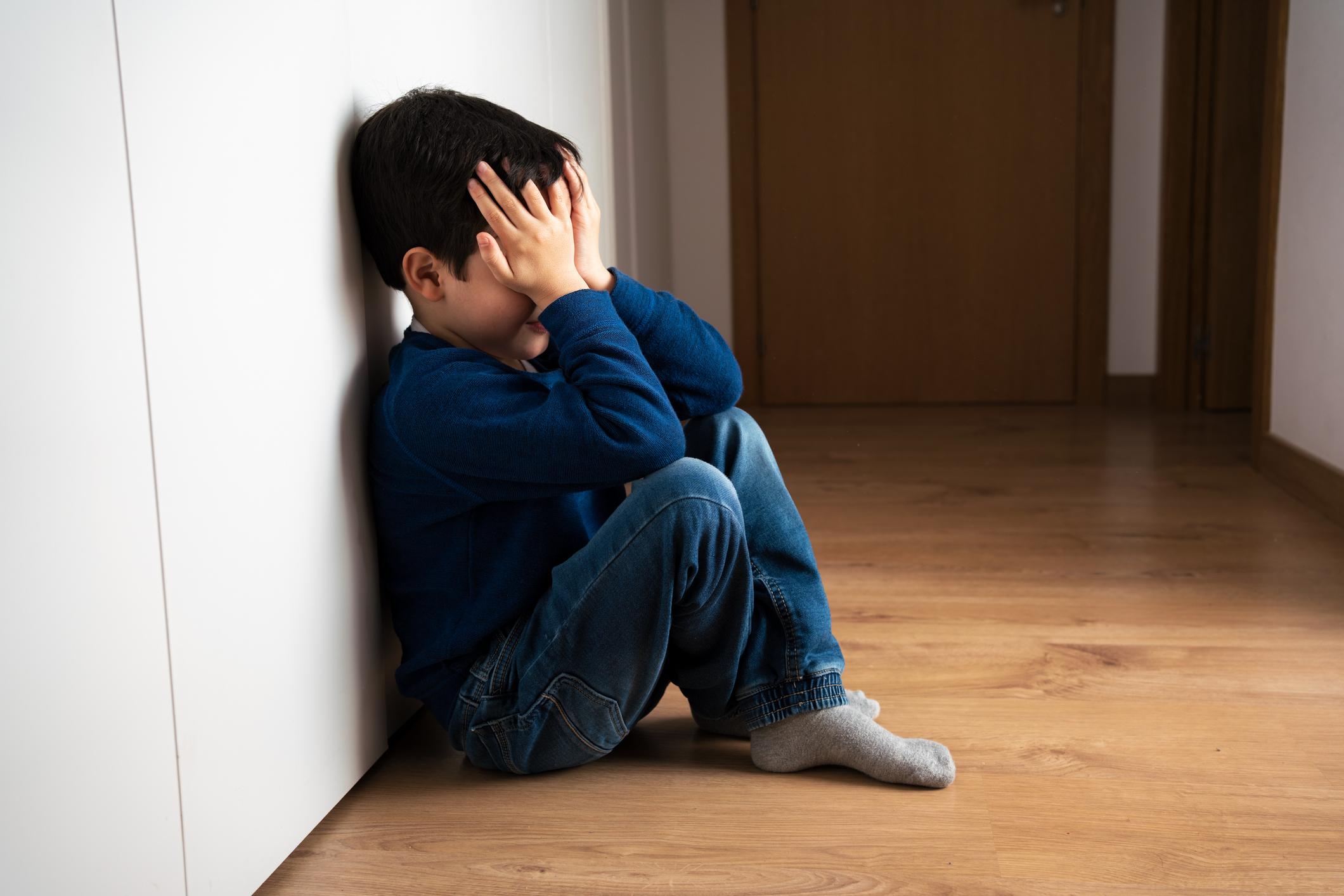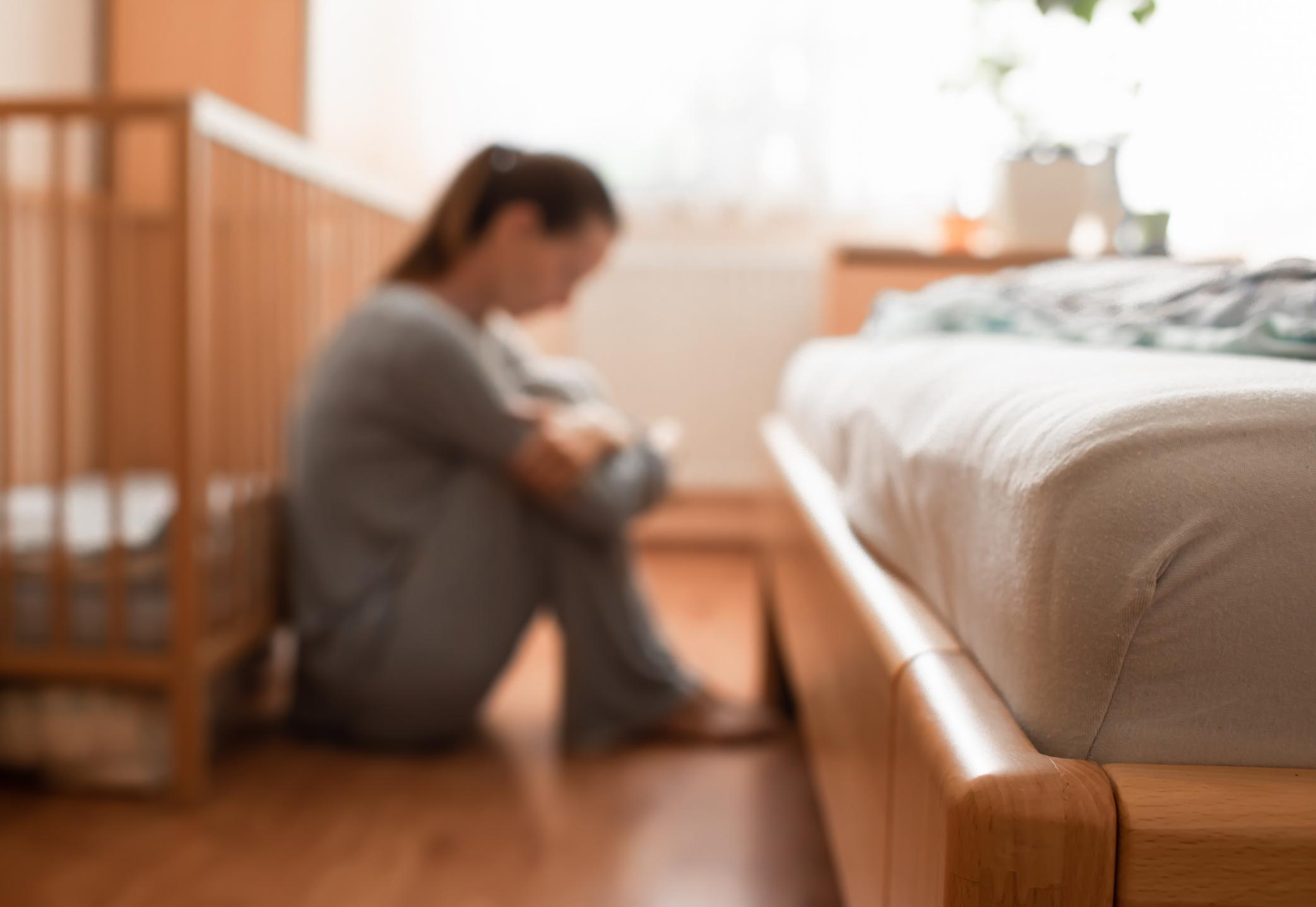Addictions, psychiatric or transmissible diseases: the health of prisoners leaves much to be desired and requires regular care. This is faulty, according to a report.

Incarcerated, of course, but not without rights. Inmates suffer from health problems like the general population. Their care, on the other hand, leaves much to be desired. Despite an attempt to improve in 1994, access to healthcare remains unequal and incomplete. The balance sheet, drawn up this July 19 by the General Inspectorate of Social Affairs (Igas), is not kind to prison care.
7 times more suicides
In 2015, 66,270 people were imprisoned in 188 establishments in France. Their health, physical and mental, is much worse than that of non-convicted people: hepatitis B and HIV are four times more present there. The suicide rate is seven times the general average.
Faced with this need for care, two plans have been introduced in prisons. In 1994, common law was also imposed on prisoners, who therefore had the same rights as the rest of the population. Since 2010, health units have been set up in penitentiary establishments.
Two measures which made it possible to double the number of health professionals available in these places over the period 1997-2013. But many so-called “budgeted” positions, that is to say for which funding is provided, are not filled: on the side of specialists, it is 22% against 15% on the side of psychiatrists.
The problems of medical demography, already observed in civilian life, add to the lack of attractiveness of careers in prison. “In view of these difficulties, the development of medicine in prisons is necessary and relevant but can only be a complementary modality of access to care”, judge the rapporteurs.
More prevention
In fact, all penitentiary establishments are affected by organizational shortcomings in the permanence of care, supposed to ensure access to care at all times. Not to mention that the practices are disparate to say the least: “The mission observed very different practices and a level of collaboration depending on the region and the establishment”, note the authors.
They therefore recommend several improvements, based on the plan developed between 2010 and 2014. At their heart lies the delicate theme of prevention: health education, prevention of non-communicable diseases and suicide are all areas where taking action. charge is faulty, or even absent. In fact, over the first 10 months of 2015, 91 suicides took place in French prisons.
The rapporteurs also want to reduce the risks associated with addictions and develop non-smoking cells. Other axes must be added to existing programs, they conclude: social protection must be completely overhauled and access to care outside detention must be developed, through the extraction and adjustment of sentences for medical reasons. They also plead in favor of a better readability of the healthcare offer, the financing of which is considered too complex. These many problems are recurrent and their resolution is poorly initiated: a report by Human Rights Watch and an assessment by the Comptroller General of places of detention also pointed out the French shortcomings in this sector.
.
















